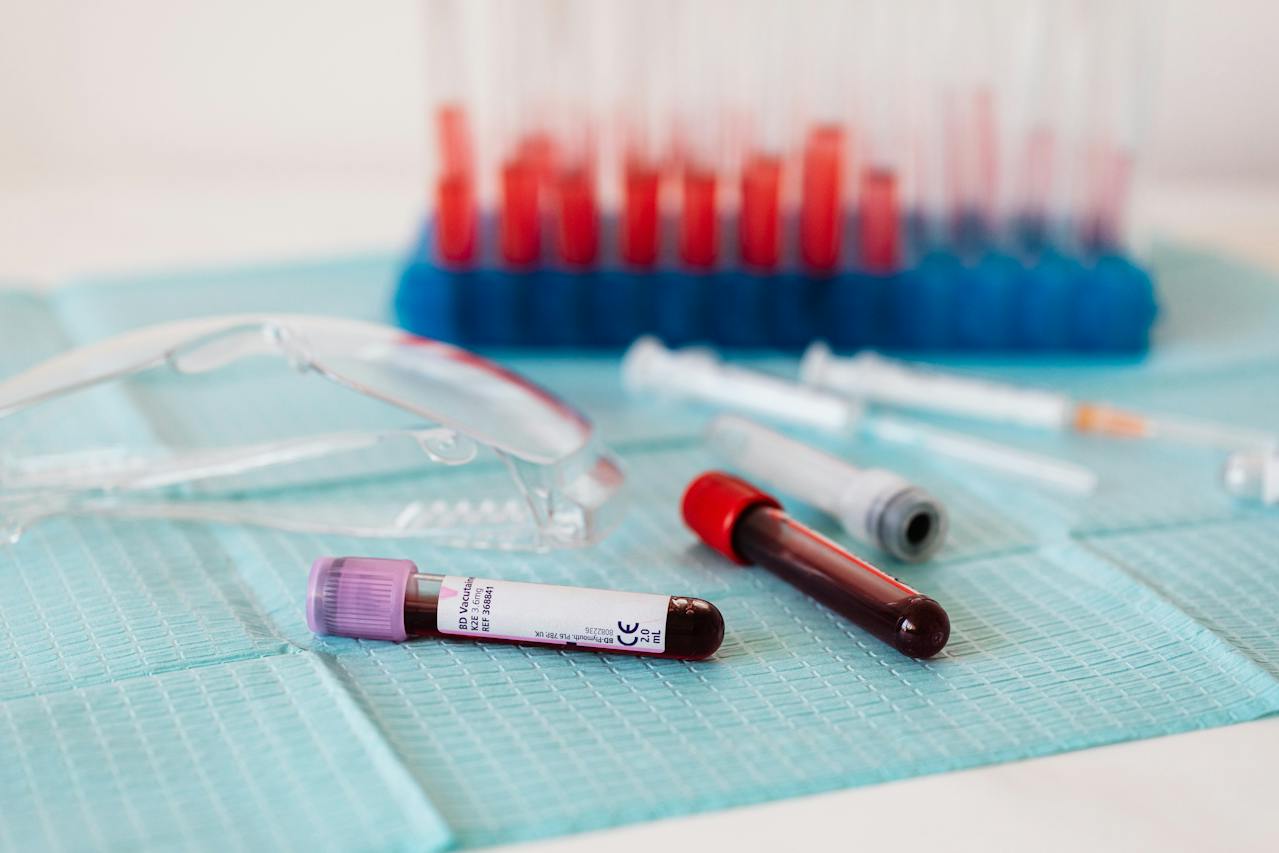ALZpath, Inc. (ALZpath), a leader in Alzheimer’s diagnostics, announced new findings published online today in JAMA Neurology showing that its proprietary blood-based biomarker assay for phosphorylated tau at residue 217 (pTau217) delivers high diagnostic accuracy and consistency in identifying amyloid and tau in the brain. The article, “Diagnostic Accuracy of a Plasma Phosphorylated Tau 217 Immunoassay for Alzheimer’s Disease Pathology,” was authored by Dr. Nicholas Ashton and colleagues from the University of Gothenburg, Sweden.
Cerebrospinal fluid (CSF) biomarkers are considered one of the most accurate tests of Alzheimer’s pathology available, in addition to positron emission tomography (PET). However, CSF testing is significantly more invasive than blood tests, requiring a painful spinal tap procedure, at a cost typically 2-3 times higher than blood-based testing, and is more difficult to administer at the scale that will be required with the availability of a new generation of disease-modifying treatments.
ALZpath is a leading provider of innovative diagnostic solutions for Alzheimer’s disease. With the novel ALZpath pTau217 assay and test, ALZpath is transforming Alzheimer’s disease diagnosis and monitoring, providing accurate and accessible tools for researchers and healthcare professionals worldwide. The study employed the ALZpath pTau217 ultra-sensitive immunoassay, developed on the Single molecule array (SimoaTM) platform in blood, and evaluated the performance of the ALZpath pTau217 assay in three independent clinical studies as part of an international collaboration between researchers in Sweden, Spain, Canada and the US. The combined studies included 786 participants.
The ALZpath pTau217 assay showed high diagnostic accuracy in identifying elevated amyloid (AUC, 0.92-0.96; 95%CI 0.89-0.99) and tau (AUC, 0.93-0.97; 95%CI 0.84-0.99) in the brain across all cohorts. These accuracies were significantly higher than other plasma biomarker combinations and equivalent to CSF biomarkers. The classification of individuals with abnormal amyloid using a binary or two-cut off model yielded reproducible results across the three independent studies in this publication. Longitudinally, ALZpath’s pTau217 test in blood showed an annual increase in individuals with amyloid plaques, with the highest increase observed in those who also had tau pathology.
“This is an instrumental finding in blood-based biomarkers for Alzheimer’s, paving the way for the clinical use of the ALZpath pTau 217 assay,” stated Professors Kaj Blennow and Henrik Zetterberg from the University of Gothenburg, co-authors on the publication. “This robust assay is already used in multiple labs around the globe.”
“ALZpath’s pTau217 test can help healthcare providers determine the presence of amyloid plaques in the brain – a hallmark of Alzheimer’s disease,” said Dr. Andreas Jeromin, ALZpath Chief Scientific Officer. “This diagnostic capability offers increasingly vital aid in medical management and treatment decisions for Alzheimer’s, especially as new disease-modifying treatments become more accessible.”
The ALZpath pTau217 assay will be available for clinical use as ALZpath Dx later this month and is part of a broader neuro biomarker portfolio in development. The ALZpath pTau217 test will also be commercially available on other research and diagnostic platforms in support of global accessibility and scalability.




